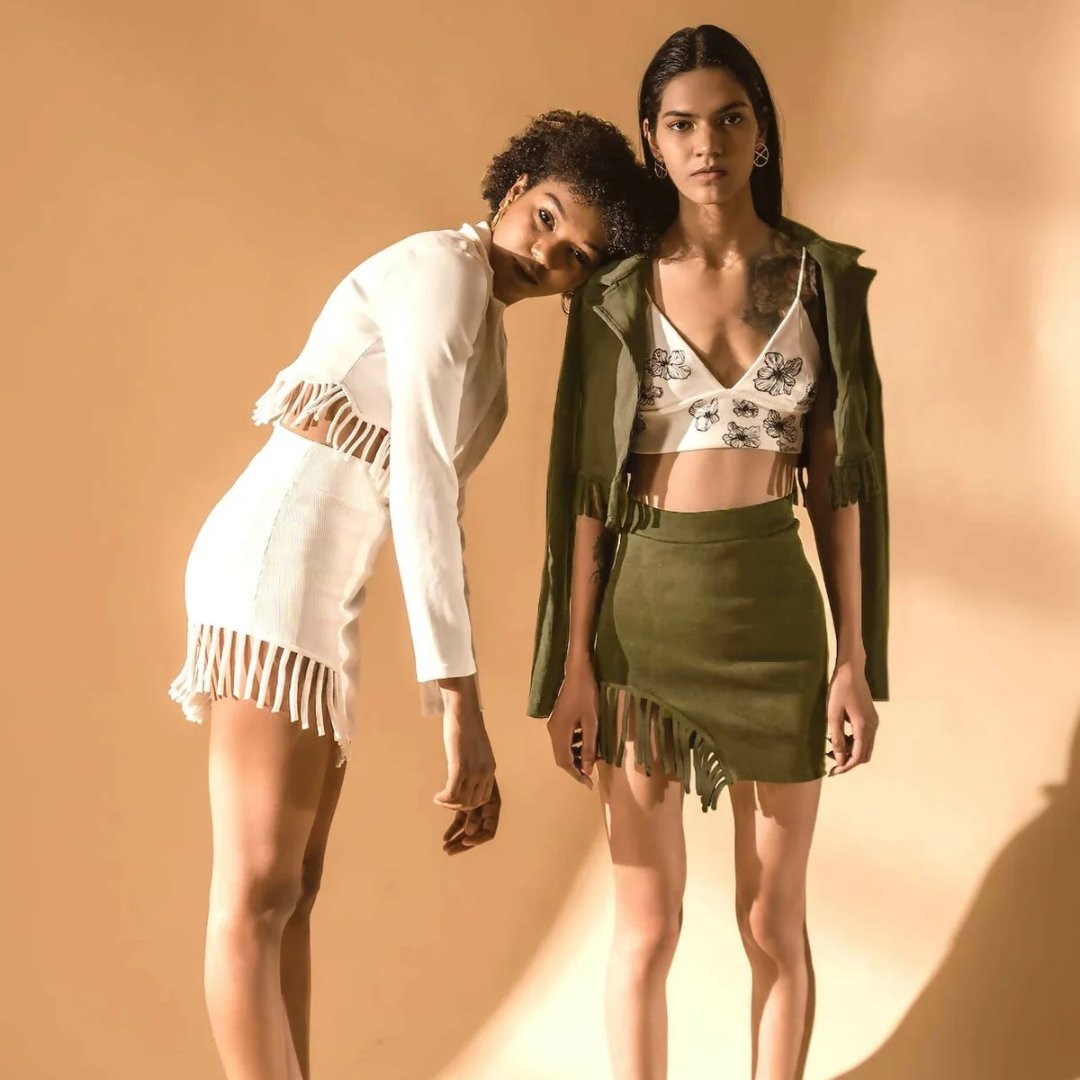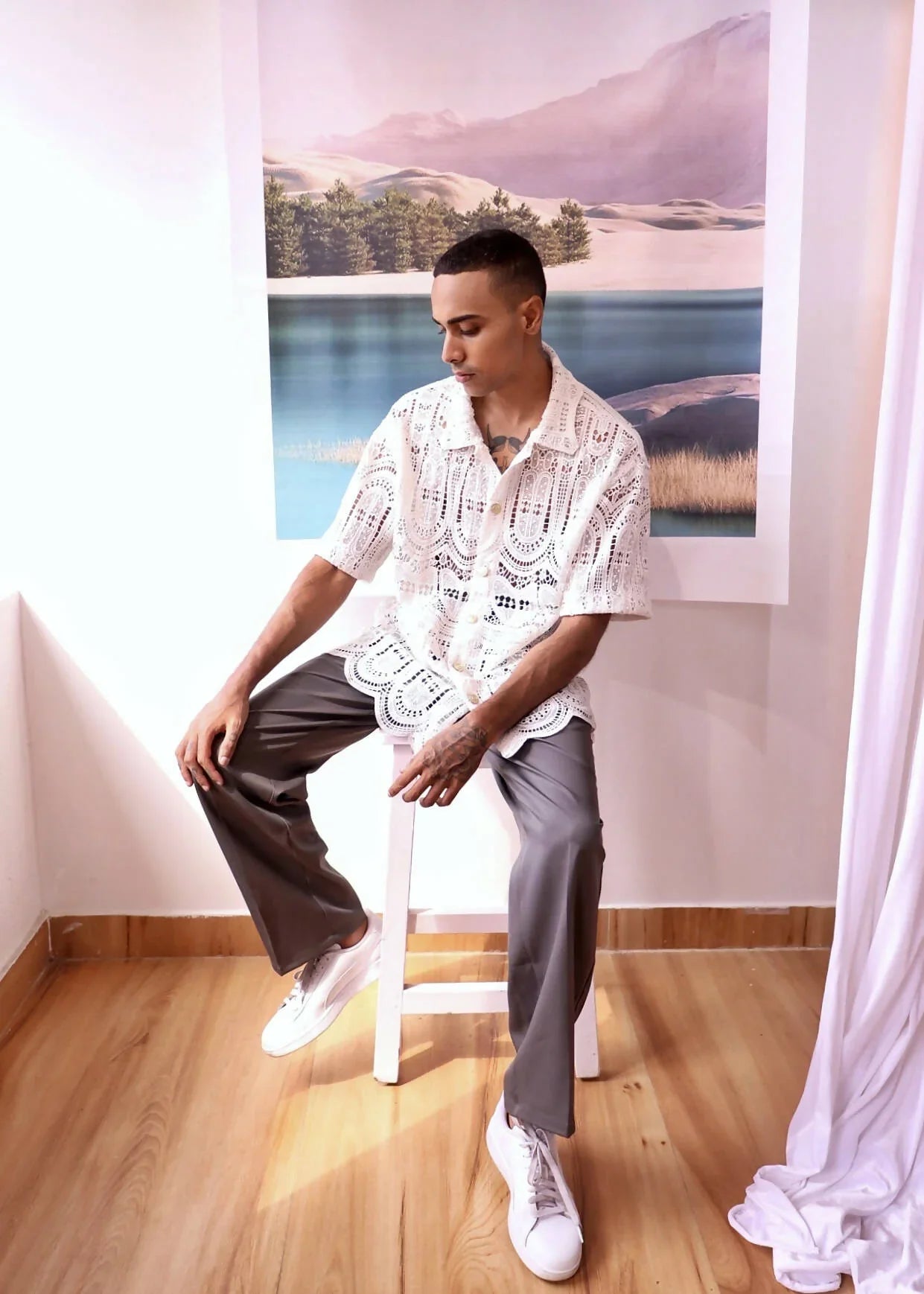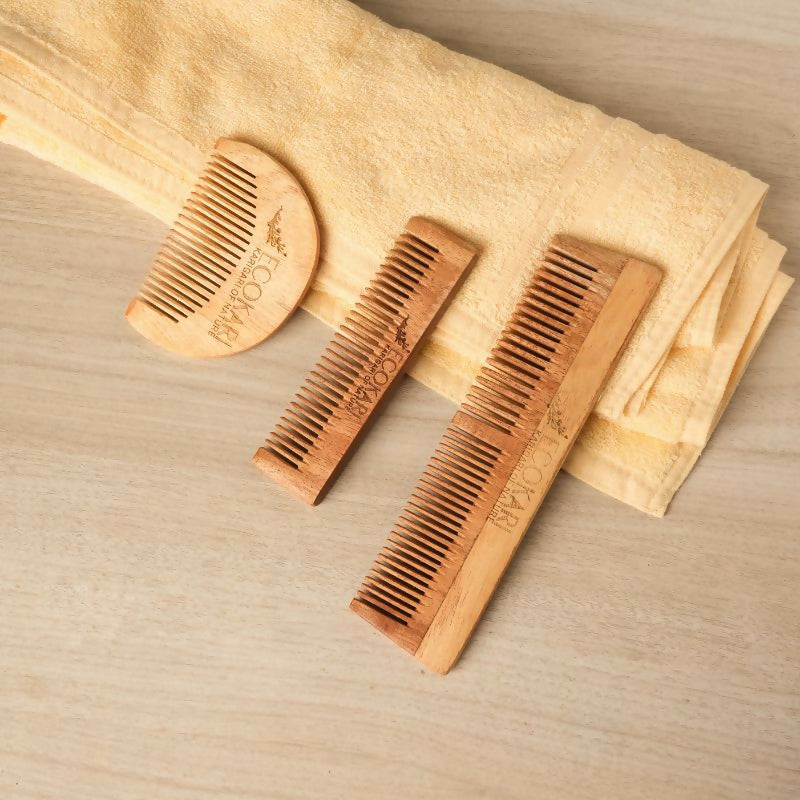Beyond Bottles: Recycled Plastic Bottle Cap Waste

Plastic, in any form, is toxic to the environment, whether it ends up in landfills or as ocean waste. Most importantly, single-use plastics pose a significant threat to the planet due to their quick disposal and non-degradable nature, existing for hundreds of years and harming ecosystems. Plastic bottles are commonly discarded, but their caps generate a substantial amount of waste. According to the North Sea Foundation, bottle caps are among the top items littering marine ecosystems and are considered deadly for marine life. Below, we explore various ways repurposed plastic bottle caps can help reduce plastic waste.
MOWARE
Moware is a forward-thinking upcycling brand based in Nepal, created to repurpose mountain waste materials left on the Himalayas into innovative products. The brand specifically targets the debris discarded by trekkers, such as plastic bottle caps—on average, a trekker uses around 38 water bottles during their climb. Moware actively participates in initiatives to retrieve this waste from the mountains, upcycling it into unique items like jewellery, ornamental rocks, and various souvenirs. So far, they have successfully upcycled over 20,000 kg of waste. This project to minimise environmental impact breathes new life and meaning into the remnants left behind, urging a reevaluation of waste management practices in mountainous regions and promoting sustainability through upcycling.

(Image credit: Moware - Mountain Waste Repurposed Collection)
PIPATCHARA
Pipatchara is a conscious Thai label creating wearable art pieces from used water bottle lids and other single-use plastics. Recognising the growing issue of single-use plastic waste, Pipatchara devised a sustainable method to repurpose these materials into striking apparel, bags, and accessories. Their signature design features a chain-link pattern crafted from meticulously cleaned and molded bottle caps, incorporating both clear and colourful caps depending on the availability. The label's mission extends beyond fashion to actively reduce plastic waste and enhance environmental awareness.

(Image credit: Pipatchara)
A significant highlight of Pipatchara's commitment to sustainable fashion was when K-pop idol Lisa from Black Pink wore an upcycled, eco-friendly dress made by Pipatchara at the Monaco Grand Prix Formula 1 racing event. This custom-made after-party dress was crafted entirely from recycled materials with 1,800 pieces of trash, specifically, with 80% being used water bottle lids and 20% clear food containers sourced from local households in Bangkok. This act of repurposing plastic waste from Bangkok households into high-quality, fashionable collections shows Pipatchara's dedication to tackling plastic pollution and transforming it into something both beautiful and practical.

(Image credit: Pipatchara)
DEZERO ESTUDIO
Dezero Estudio is a Spanish product design studio known for their unique and passionate approach to creating one-of-a-kind design products. They launched the Lua Lamp, an upcycled lamp that exemplifies sustainable design by using 85% repurposed plastic sourced from waste items such as containers, PET bottles, and plastic caps. This particular collection takes inspiration from children's toys, featuring a fun and adorable design that's both playful and environmentally responsible. The lamp’s design resembles a stacking ring tower game commonly found in play areas, and it is topped with a hat-like structure, giving it a cartoon-like appearance. Through the Lua Lamp, Dezero Estudio presents an extraordinary approach to recycling, turning everyday plastic waste into a delightful and sustainable product.

(Image credit: Dezero Estudio Lua Lamp Collection)
READYMADE X FUTURA
Yuta Hosokawa, a Japanese designer known for his Readymade men's clothing line, which primarily uses upcycled fabrics and second-hand materials, has ventured into a new creative domain. In collaboration with Futura Laboratories, a design studio and lifestyle brand in Japan, Hosokawa has introduced an innovative upcycled chair. This unique piece of furniture is crafted with creative reuse of materials made from PET upcycled bottle caps. The collaboration between Readymade and Futura Laboratories is an interesting partnership that focuses on recycling waste into functional art. The chair features a colourful print, and both the backrest and seat have been handwoven, creating a sturdy and aesthetic piece. This project presents a beautiful repurposed furniture creation, effectively diverting plastic waste from landfills or other polluting environments. This initiative recycles materials and repurposes them into a stylish piece of furniture, once considered waste and now an integral part of a creative and sustainable home décor.

(Image credit: Readymade x Futura Laboratories)
POTATO HEAD X OMA
Potato Head, a hospitality company based in Indonesia, collaborated with the architecture studio OMA to host the "Nothing is Possible" exhibition in Singapore. This innovative event was rooted in the principles of zero waste and creativity, focusing on the reuse of discarded materials to reduce environmental impact. The exhibition featured furniture crafted from a variety of landfill waste materials, including bottle caps, oil containers, and old hotel linens, among other types of plastic scrap. These waste plastics were sourced from Bali, to make sure that the company's initiative was intentional to shift waste towards new, functional directions. The creativity of the exhibition was further extended to the unique display of recycled products on mounds of waste, conveying the ongoing issue of landfill waste and the potential for its creative repurposing. The main goal of the exhibition was to lessen the burden on landfills, repurpose discarded materials into valuable products, and raise awareness about the excessive use and disposal of plastic and other single-use materials. This project serves as a powerful example of how sustainability and innovative design can come together to address critical environmental issues.

(Image credit: Potato Head x OMA - Nothing is Impossible Exhibition)
To combat plastic pollution, innovative reuse of waste plastic bottle lids and caps can help the environmental impact. These repurposed items transform into useful products such as furniture, apparel, and even decorative pieces. Recycling bottle caps becomes useful to divert them from oceans and landfills, and also foster a culture of sustainability. This attempt sheds light on the importance of rethinking waste as a resource, encouraging a positive ecological footprint.






Leave a comment